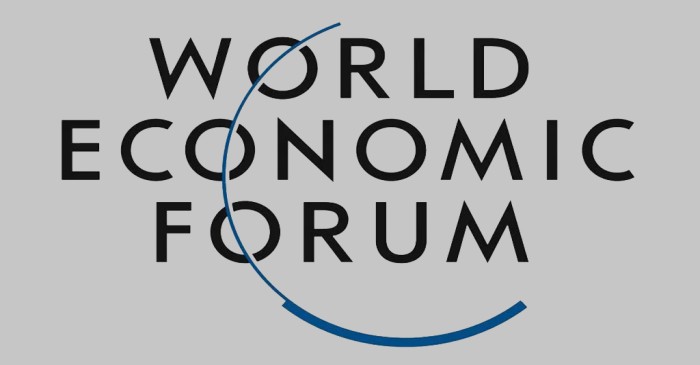

The World Economic Forum in a recently published report identified inflation as the biggest threat to Bangladesh for the next two years.
In its Global Risks Report 2025, the WEF, an international advocacy non-governmental organisation and think tank, marked extreme weather events such as floods and heatwaves, and pollution as other two of the top three risks for the country.


Moreover, unemployment or lack of economic opportunity and economic downturn such as recession and stagnation were recognised as the last two in top five risks.
Bangladesh’s economy has been facing a number of issues, including rising inflation, increasing external debts, volatility in the foreign exchange market, dwindling foreign reserves and slow investment and business growth.
The rate of inflation remained at the double digit level for the past three months in a row while the country’s gross domestic product growth dropped to 1.8 per cent in the first quarter of the 2024-25 financial year marked by the regime change amid a mass uprising.
The 12-month point-to-point inflation rate in Bangladesh rose to 10.89 per cent in 2024 from 9.41 per cent a year earlier.
Bangladesh’s unemployment rate rose to 4.49 percent in the July-September quarter of 2024 from 4.07 percent a year earlier.
The WEF report stated that in densely populated countries such as Bangladesh and India, pollution has become one of the most critical challenges to tackle.
The WEF identified water supply shortage, misinformation and disinformation, erosion of human rights and/or civic freedoms, pollution, and labour/talent shortage as the top threats for the neighbouring country India.
The report also focused on the world order, saying, ‘Western-led global order is expected to continue its decline over the next decade, but will nonetheless remain an importance locus of power. Alternative power centres are likely to strengthen, not just led by China, but also by key emerging powers, including India and the Gulf states.’
The report highlighted an increasingly fractured global landscape, where escalating geopolitical, environmental, societal and technological challenges threaten stability and progress.
The WEF report incorporates insights from over 900 experts worldwide.
The Centre for Policy Dialogue, a leading Bangladeshi think tank, played a role in contributing to the findings of the WEF report on Bangladesh.
‘A majority of respondents (52 per cent) anticipate an unsettled global outlook over the short term (next two years), a similar proportion to last year,’ it further said.

